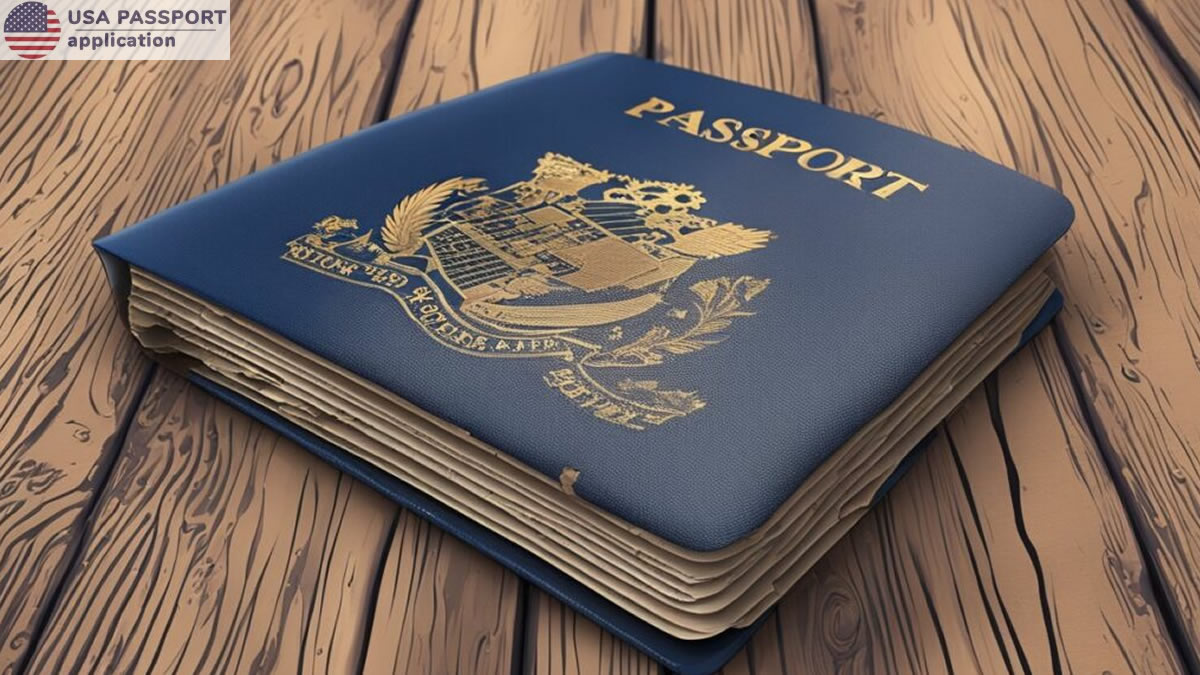The Legal Entity Identifier (LEI Code Search) is a unique 20-character alphanumeric code that provides global identification for legal entities engaged in financial operations. Governed by the Global Legal Entity Identifier Foundation (GLEIF), the LEI system enhances transparency and streamlines regulatory compliance for financial markets.
Who Needs an LEI Code in India?
The LEI code is mandatory for Indian entities involved in specific financial activities, as directed by regulatory bodies. These include:
- Corporates and Firms: Businesses participating in cross-border transactions, derivative trading, or large-value payments.
- Banks and Financial Institutions: Required for reporting transactions under RBI guidelines.
- Mutual Funds and Asset Management Companies: For transactions in securities markets.
- Insurance Companies: Engaged in high-value group policies or investments.
- Government Bodies and Public Sector Undertakings (PSUs): Involved in large-scale financial operations.
Required Qualifications for LEI Registration
- Legal Entity Status
To register for an LEI code, the entity must be a recognized legal entity in India. This includes:
- Corporations registered under the Companies Act, 2013.
- Limited Liability Partnerships (LLPs).
- Proprietorships or partnerships with valid registrations.
- Public sector undertakings and government entities.
- Trusts or societies registered under applicable laws.
Documentation Required:
- Certificate of Incorporation for companies.
- Partnership deed for partnerships.
- Registration certificate for trusts or societies.
- Business Identification Number (BIN)
Entities must provide a valid Business Identification Number (BIN) or equivalent, such as:
- Corporate Identification Number (CIN) for companies.
- GSTIN for businesses registered under the Goods and Services Tax (GST).
- Any other identification code issued by the Indian government.
- Proof of Address
Entities must furnish valid proof of their registered office address. This may include:
- Utility bills (electricity, water, or telephone) not older than three months.
- Lease or rent agreement with supporting documents.
- Government-issued address proof.
- Authorized Representative
Every entity applying for an LEI code must designate an authorized person responsible for the application process. This representative must provide:
- Identity proof (Aadhar card, PAN card, or passport).
- Authorization letter or board resolution permitting them to act on behalf of the entity.
- Financial or Transactional Relevance
Entities must be engaged in activities that require LEI compliance, as mandated by the RBI, SEBI, or other regulatory authorities. These activities typically include:
- Borrowing from banks with an exposure above ₹5 crore.
- Participation in derivatives, government securities, or money market instruments.
- Cross-border transactions involving substantial value.
Steps for LEI Registration in India
- Determine Eligibility
Identify whether your entity qualifies for LEI registration based on its business activities and regulatory requirements. - Choose an Issuer Organization
In India, LEI codes are issued by Local Operating Units (LOUs) accredited by GLEIF. For instance, the Legal Entity Identifier India Ltd. (LEIL) is an authorized LOU. - Prepare Necessary Documents
Gather the following:
- Legal entity proof (certificate of incorporation, GSTIN, etc.).
- Address proof of the entity.
- Identity proof and authorization for the representative.
- Submit the Application Online
Visit the LOU’s official website, such as LEIL, and fill out the application form. Upload the required documents and pay the registration fee. - Verification and Issuance
The LOU will verify the submitted details and issue the LEI code within 1–5 working days.
Regulatory Mandates for LEI in India
Regulatory bodies in India have mandated LEI codes for specific financial activities:
- Reserve Bank of India (RBI): LEI codes are mandatory for corporate borrowers with exposure above ₹5 crore.
- SEBI: Requires LEI codes for market participants in securities and derivatives trading.
- IRDAI (Insurance Regulatory and Development Authority of India): Encourages insurance companies to use LEI for group policies.
Benefits of LEI Registration
- Global Recognition: Enables entities to operate smoothly in international markets.
- Enhanced Transparency: Ensures accountability in financial transactions.
- Risk Management: Facilitates risk assessment for financial institutions.
- Regulatory Compliance: Simplifies adherence to financial market regulations.
Example of LEI Use by Indian Participants
- State Bank of India (SBI): Requires corporate borrowers to provide LEI codes before availing loans above ₹50 crore.
- Tata Consultancy Services (TCS): Uses LEI codes for cross-border transactions and derivative trading.



